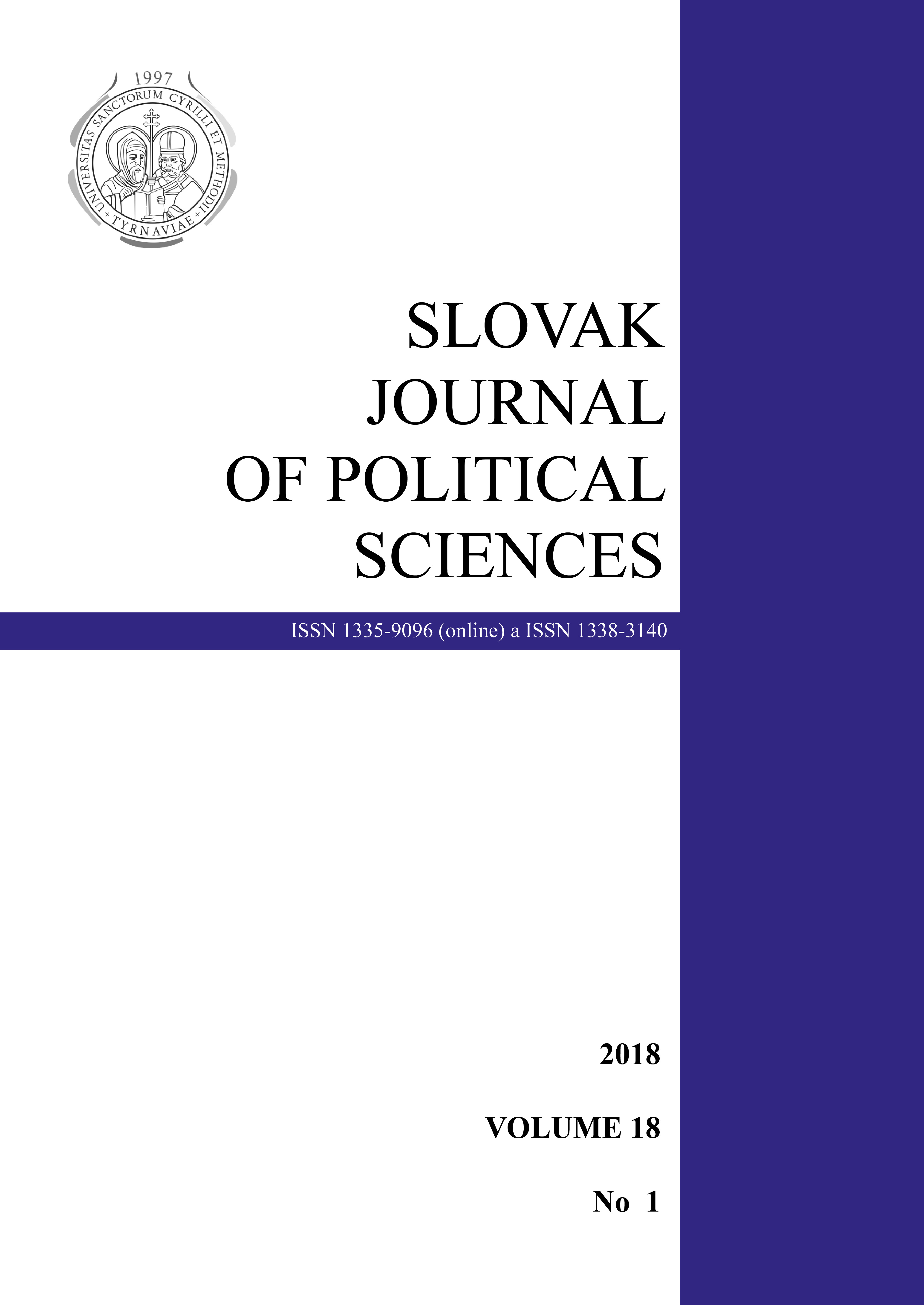Czechoslovak intellectual environment after the Second World War
Czechoslovak intellectual environment after the Second World War
Author(s): Tomáš Nikodym, Petra Holeňová, Tereza PušováSubject(s): Politics, WW II and following years (1940 - 1949), Post-War period (1950 - 1989)
Published by: Univerzita sv. Cyrila a Metoda v Trnave, Katedra politológie
Keywords: Democracy; Socialism; Economic Democracy; Czechoslovakia; Postwar Order;
Summary/Abstract: The paper focuses on the consequences of the Munich agreement in Czechoslovakia. We offer a new perspective how to understand the consequences of the Munich crisis and the subsequent war since we do not focus on the changes of the “real” economic and political system, but on the changes in economic-political thought. Using theoretical approach, we are able to analyse long-term consequences of the Munich agreement, not only the direct impact. The most significant changes in post-war thought were the new international orientation of Czechoslovakia (Soviet Union) and the shift from bourgeois democracy to the so called economic democracy which was understood as a combination of Western democracy with socialist economic planning. Our theoretical analysis of the proposed economic-political system shows that the failure of the post-war system was caused by the inherent features of the socialist-democratic system.
Journal: Slovenská politologická revue
- Issue Year: 18/2018
- Issue No: 1
- Page Range: 85-102
- Page Count: 18
- Language: English

